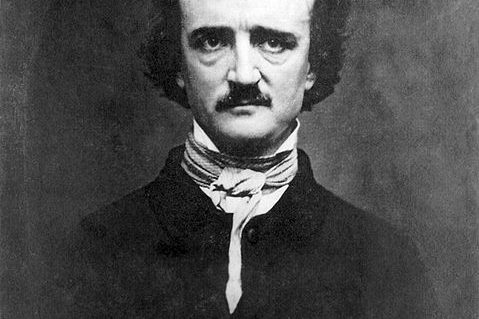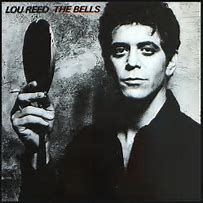The Bells

(by Edgar Allan Poe, born 19 January 1809)
“The Bells,” published after Poe’s premature death, represents the poet both at his best and his worst. His terror is real, his verse prosaic, but the depth for feeling he generates wears you down in the end and you surrender:
“Hear the tolling of the bells –
Iron bells!
What a world of solemn thought their monody compels!
In the silence of the night,
How we shiver with affright
At the melancholy meaning of their tone!
For every sound that floats
From the rust within their throats Is a groan.
And the people – ah, the people –
They that dwell up in the steeple,
All alone,
And who, tolling, tolling, tolling,
In that muffled monotone,
Feel a glory in so rolling
On the human heart a stone –
They are neither man nor woman –
They are neither brute nor human –
They are Ghouls: –
And their king it is who tolls: –
And he rolls, rolls, rolls, rolls,
Rolls
A pæan from the bells!
And his merry bosom swells
With the pæan of the bells!
And he dances, and he yells;
Keeping time, time, time,
In a sort of Runic rhyme,
To the pæan of the bells: –
Of the bells :
Keeping time, time, time,
In a sort of Runic rhyme,
To the throbbing of the bells –
Of the bells, bells, bells –
To the sobbing of the bells: –
Keeping time, time, time,
As he knells, knells, knells,
In a happy Runic rhyme,
To the rolling of the bells –
Of the bells, bells, bells –
To the tolling of the bells –
Of the bells, bells, bells, bells,
Bells, bells, bells –
To the moaning and the groaning of the bells.”
Leave a comment...
While your email address is required to post a comment, it will NOT be published.



0 Comments